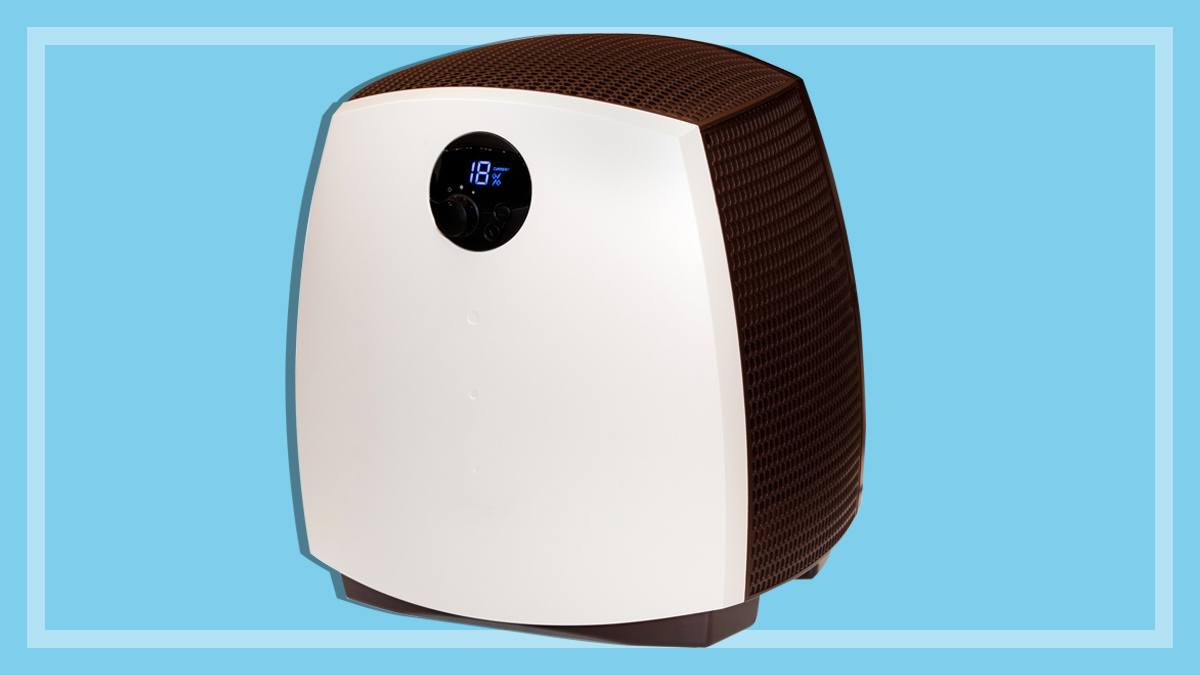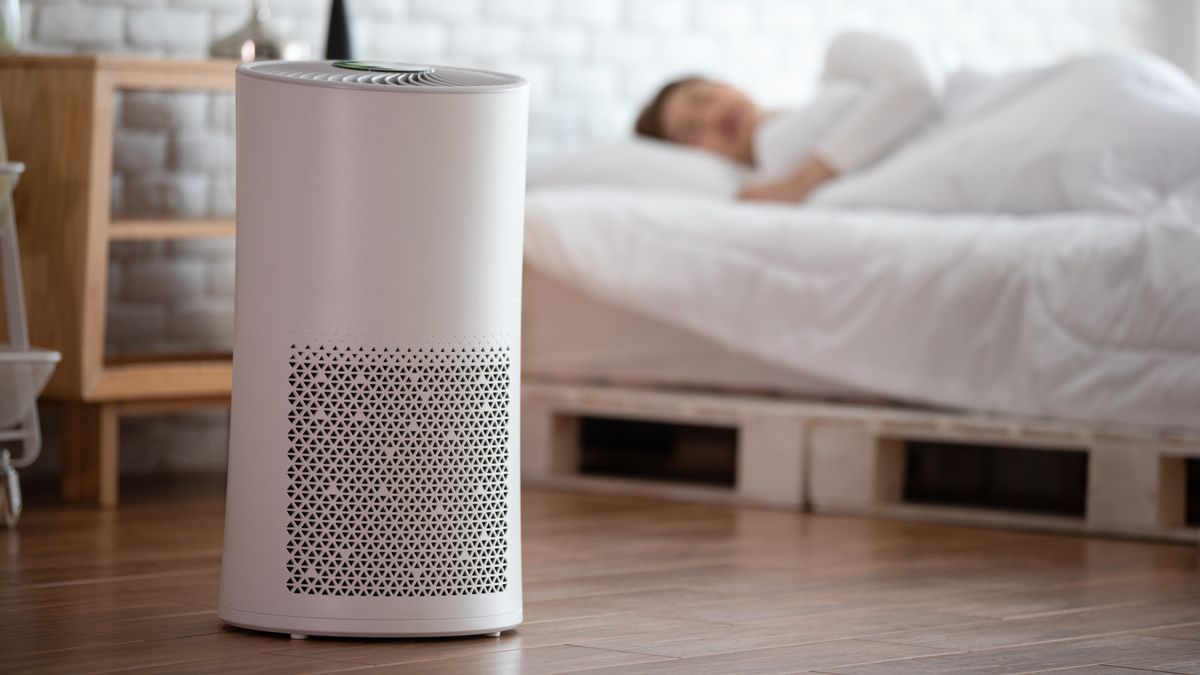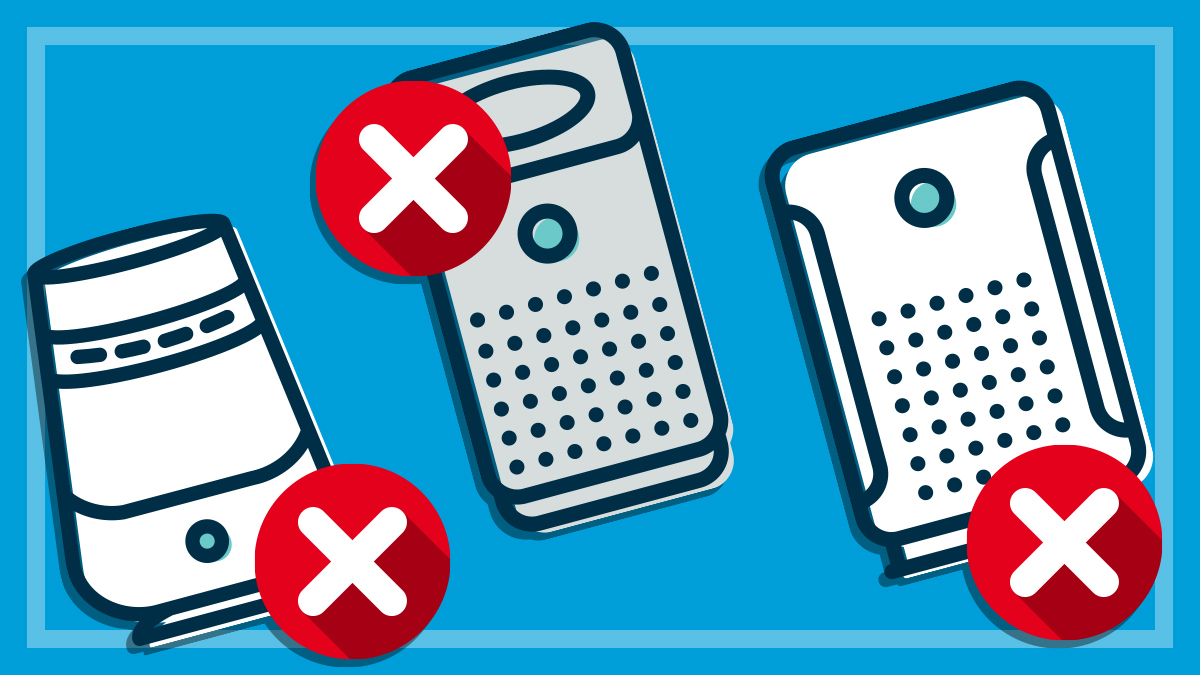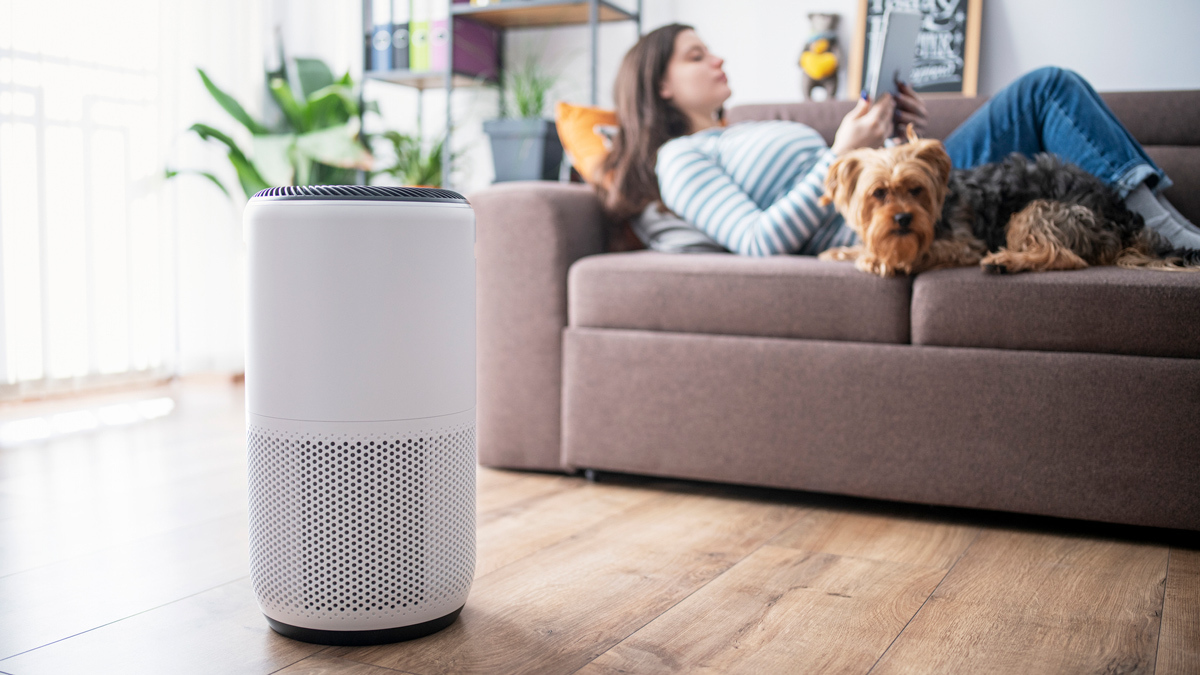Get our independent lab tests, expert reviews and honest advice.
5 signs you might need an air purifier
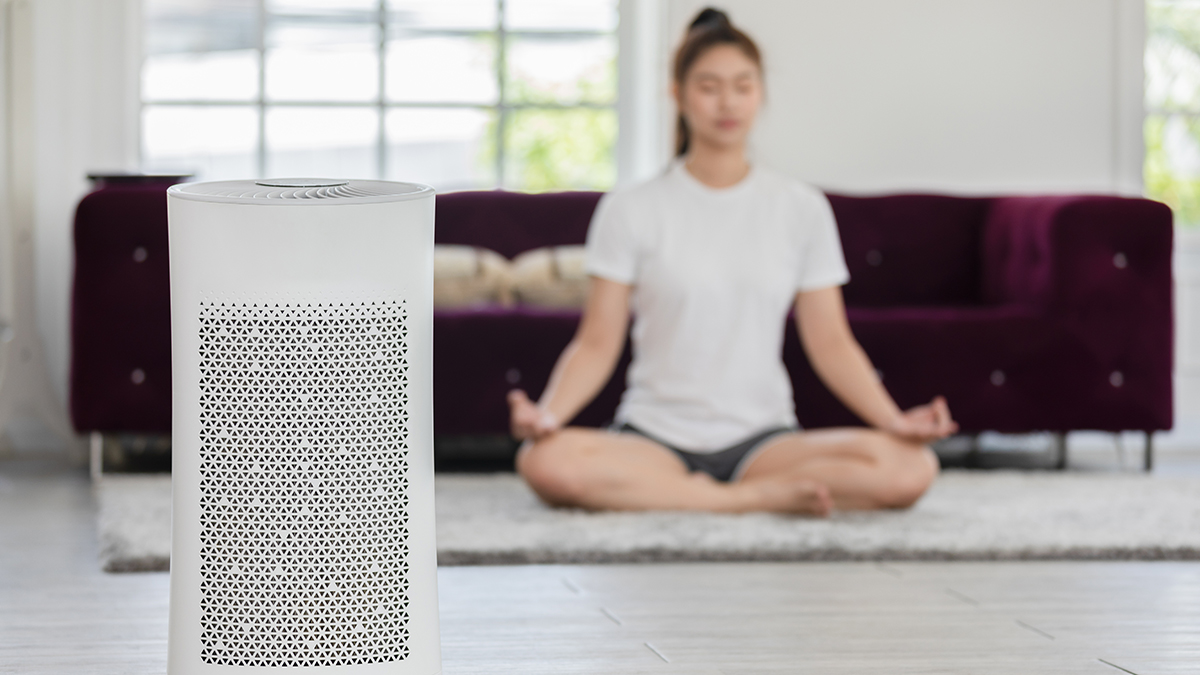
Since events like the pandemic and serious bushfires in recent years, Australians have an increased awareness about how the quality of the air we breathe can affect our health and overall wellbeing.
Air purifiers have become a much more common purchase for Australian households and there is a huge variety of brands, sizes and types available. CHOICE assesses the performance of over 50 models in our expert air purifier review.
CHOICE air purifier expert, Chris Barnes, says that these handy appliances can improve indoor air quality and reduce irritants in the air you breathe.
“It’s easy to assume that pollution is only an outdoor problem. But that same air makes its way into your home, carrying all the same pollutants: vehicle exhaust, pollen, and smoke,” he says.
“Then there are the pollutants that originate indoors, such as household dust, cigarette smoke, pet dander and volatile organic compounds (VOC) emitted from paint and the foam inside sofas and mattresses.”
Air purifiers can improve indoor air quality and reduce irritants in the air you breathe
The pollutants released by gas cooktops are another common offender.
“All of these things can impact your indoor air quality, sometimes much more than you might expect. One of the lesser-known benefits of an air purifier is having its inbuilt air quality sensors tell you about your home’s indoor air,” he explains.
If you’re unsure whether you and your family might benefit from an air purifier, these five signs could indicate that it might be worth investing in one.
5 signs you might need an air purifier
1. Your hayfever is bad
2. Your home is particularly dusty
3. Your home is near a busy road
4. You have a mould problem
5. You have furry pets
Five signs you should get an air purifier
1. Your hayfever is bad
Sneezing or coughing, runny or blocked noses, itchy or red and watering eyes… the symptoms of hayfever can be really debilitating, and an air purifier can help relieve discomfort.
Depending on where you live in Australia, the pollen that is a common cause of hayfever will peak at different times. In Adelaide, Canberra and Sydney it’s at its highest in spring and summer. In Hobart and Melbourne, October and November are the worst months, while Brisbane and Darwin have high pollen levels for most of the year.
Pollen particles are very small so you need a very fine filter to catch them. A HEPA filter is the best option
Chris Barnes, CHOICE air purifier expert
If you want an air purifier to help reduce hayfever symptoms, Chris recommends you look for one with a HEPA (high-efficiency particulate air) filter. This will trap tiny particles that are not visible to the naked eye and should help to reduce the presence of things like pollen and mould spores.
“Pollen particles are very small, typically from 100 microns down to 10 microns,” Chris explains. “A micron is one millionth of a metre, so you can see why a very fine filter is needed to catch them. A HEPA filter is the best option.”
In our air purifier reviews, you can check which models have HEPA filters (just click on the review and select ‘features’).

2. Your home is particularly dusty
If it seems as though each time you dust, your surfaces become coated again in no time at all, an air purifier might help. A high number of dust particles in your indoor air can be particularly irritating if you have a dust allergy or a respiratory condition such as asthma that can be triggered by excessive dust.
While a good air purifier will help remove dust from the air, it won’t have any effect on dust that has already settled on floors, furniture or soft furnishings.
“An air purifier isn’t a silver bullet,” says Chris. “You’ll still need to mop, vacuum and clean floors and soft furnishings regularly to limit dust particles in your indoor air.”
Ventilation is also important. Ideally, the air in a room should be replaced by fresh air several times an hour.
Our air purifier tests include performance scores for dust, smoke and VOCs
“The easiest way to do that is by opening doors and windows and allowing a breeze to do the work,” says Chris. “If that’s not possible, an air purifier can help, but it’s unlikely to achieve the same level of air change in the long term as good ventilation.”
Our air purifier tests include performance scores for dust, smoke and VOCs, which tell you how effective each model is at removing that pollutant from the air.
To determine this score, we first disperse the pollutant (dust, smoke or VOC) in the test chamber to see how fast it falls out of the air naturally. Then we do the same with the air purifier running, and measure how much faster the air is cleared.
“The faster and more comprehensive the purification, the better the score,” says Chris.

3. Your home is near a busy road
While electric vehicles are growing in popularity, they still only account for around 1% of Australia’s total light vehicle fleet. That means that if you live near a busy road you’re likely to be exposed to particulate matter and VOCs from petrol and diesel engines.
Traffic pollution generally consists of larger particles of visible soot and dust, small particles of around 10 microns (“PM10”), such as from tyres and road dust, and fine particles 2.5 microns or less (“PM2.5”), which may be carbon, metals, and other waste from the roads or the car exhaust.
“All these can impact your respiratory health over time. Coarser particles can be trapped in a carbon filter, but the smaller particles need HEPA filtration,” says Chris.
Remember, you’ll still need to vacuum, mop and dust to remove build-up on furniture, floors and other surfaces.
4. Mould is a problem in your home
Mould can be quite a serious environmental hazard in your home, so it’s important you don’t simply ignore it. Mould can release spores and is associated with allergic reactions, asthma and flu-like symptoms.
While an air purifier can help to remove mould spores from the air, it won’t solve the underlying cause. Excess moisture is a common culprit and for that, a dehumidifier can help.
You’ll also need to treat the mould in your home to remove the hazard. You might be able to tackle this yourself if the affected area is quite small but if mould covers a larger area expert help may be required.

5. You have furry pets in your home
Our furry friends can provide love and companionship and are important family members. Less welcome is the dander and hair they shed which can exacerbate allergies and asthma. But an air purifier can help.
“Pet hair tends to be captured by the air purifier’s first layer of filters, which are designed for trapping hair, fluff and so on,” says Chris. “Dander is much finer, even down to the PM2.5 size, so a HEPA filter is your friend here.”
If you have a lot of pet hair around the house, you might also like to invest in a vacuum that’s proven to do the job. Check out our guide to the best vacuums for removing pet hair.

